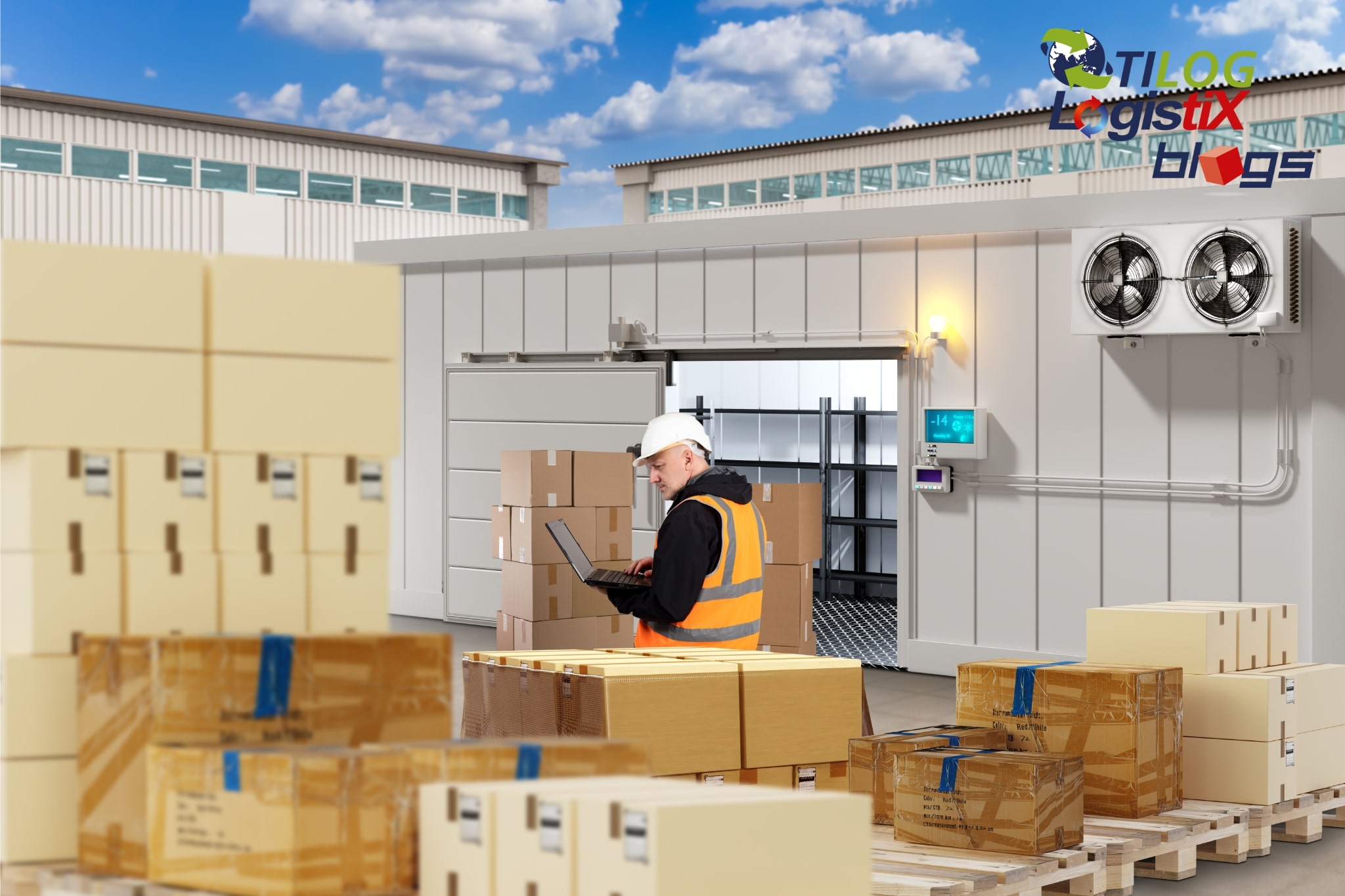Improve Reliability and Efficiency in Transportation with Blockchain
Blockchain can transform the logistics industry with its authenticity, transparency, security, and decentralization characteristics.
It ensures secure and encrypted data exchange between relevant parties, thus reducing the risk of unauthorized data manipulation or access.
It improves reliability, efficiency and trust among all stakeholders in the logistics supply chain.

29 April, 2024
The blockchain technology has the potential to greatly increase reliability and efficiency in the transportation industry by facilitating the exchange of information and authentication of cross-border goods and services. This will improve transparency, traceability as well as the ability to collect data of noneditable transactions. Therefore, it can instill trust among all stakeholders, reduce illegal business operations and increase sustainability.
What makes blockchain different from other warehousing technology is its ability to assign a digital identity to each product to indicate its origin, production details, certification and ownership history. It allows all relevant parties to see the movement of goods from their starting point to their final destinations with transparency. Accordingly, manufacturers, distributors and retailers can access accurate real-time information on the location and status of the goods, hence reduce the risk of fraud, theft and errors.
Furthermore, blockchain can also enhance the tracking of temperature-controlled goods to ensure the products are kept within acceptable temperature range. This is especially important for the delivery of medicines and sensitive medical supplies. With blockchain’s real-time tracking and guaranteed temperature compliance, the loss of valuable products will be reduced while efficiency in management will be improved.

What makes blockchain different from other warehousing technology is its ability to assign a digital identity to each product to indicate its origin, production details, certification and ownership history. It allows all relevant parties to see the movement of goods from their starting point to their final destinations with transparency. Accordingly, manufacturers, distributors and retailers can access accurate real-time information on the location and status of the goods, hence reduce the risk of fraud, theft and errors.
Furthermore, blockchain can also enhance the tracking of temperature-controlled goods to ensure the products are kept within acceptable temperature range. This is especially important for the delivery of medicines and sensitive medical supplies. With blockchain’s real-time tracking and guaranteed temperature compliance, the loss of valuable products will be reduced while efficiency in management will be improved.

At the same time, blockchain can also solve the inefficiencies of LTL (Less Truck Load) transportation. Currently, 90% of global trucking companies have only six or fewer trucks, and this inadequacy has been causing difficulty in matching shippers with carriers. As a result, truck drivers have to drive a combined distance of 29 billion miles per year (46,670.86 million kilometers per year), either partially loaded or empty.
This ongoing situation has incurred loss of millions of US dollars and pushed the responsibility for transportation costs onto consumers. On another note, blockchain’s decentralization and smart nature can help optimize route planning, consolidation, and carrier selection. This reduces unnecessary loss of resources and reduces carbon footprint as well.
Another feature that makes blockchain stand out is its ability to record and track vehicle maintenance to prevent unexpected breakdown and improve the reliability of transportation services.
Many major conglomerates have already been taking advantage of blockchain’s unique features, including FedEx which has been actively using this technology to track and authenticate shipments. It has joined the Blockchain in Transport Alliance (BiTA) to collaborate on blockchain standards for the transportation industry. Another example is Walmart which is collaborating with IBM to develop Food Trust on blockchain to track the movement of food products from suppliers to their outlets because it increases visibility and accountability across the food supply chain.
Stay on top of the latest technologies and innovations in logistics with our informative blogs like this one, and get ready for “TILOG – LOGISTIX” during 15-17 August 2024 at BITEC, Bangkok under the theme “Connecting the Logistics Future”. The event will connect the logistics technology and service providers with over 9,000 customers from big enterprises, SMEs and MSMEs to brighten up the future of Thailand’s logistics industry!
Another feature that makes blockchain stand out is its ability to record and track vehicle maintenance to prevent unexpected breakdown and improve the reliability of transportation services.
Many major conglomerates have already been taking advantage of blockchain’s unique features, including FedEx which has been actively using this technology to track and authenticate shipments. It has joined the Blockchain in Transport Alliance (BiTA) to collaborate on blockchain standards for the transportation industry. Another example is Walmart which is collaborating with IBM to develop Food Trust on blockchain to track the movement of food products from suppliers to their outlets because it increases visibility and accountability across the food supply chain.
Stay on top of the latest technologies and innovations in logistics with our informative blogs like this one, and get ready for “TILOG – LOGISTIX” during 15-17 August 2024 at BITEC, Bangkok under the theme “Connecting the Logistics Future”. The event will connect the logistics technology and service providers with over 9,000 customers from big enterprises, SMEs and MSMEs to brighten up the future of Thailand’s logistics industry!


